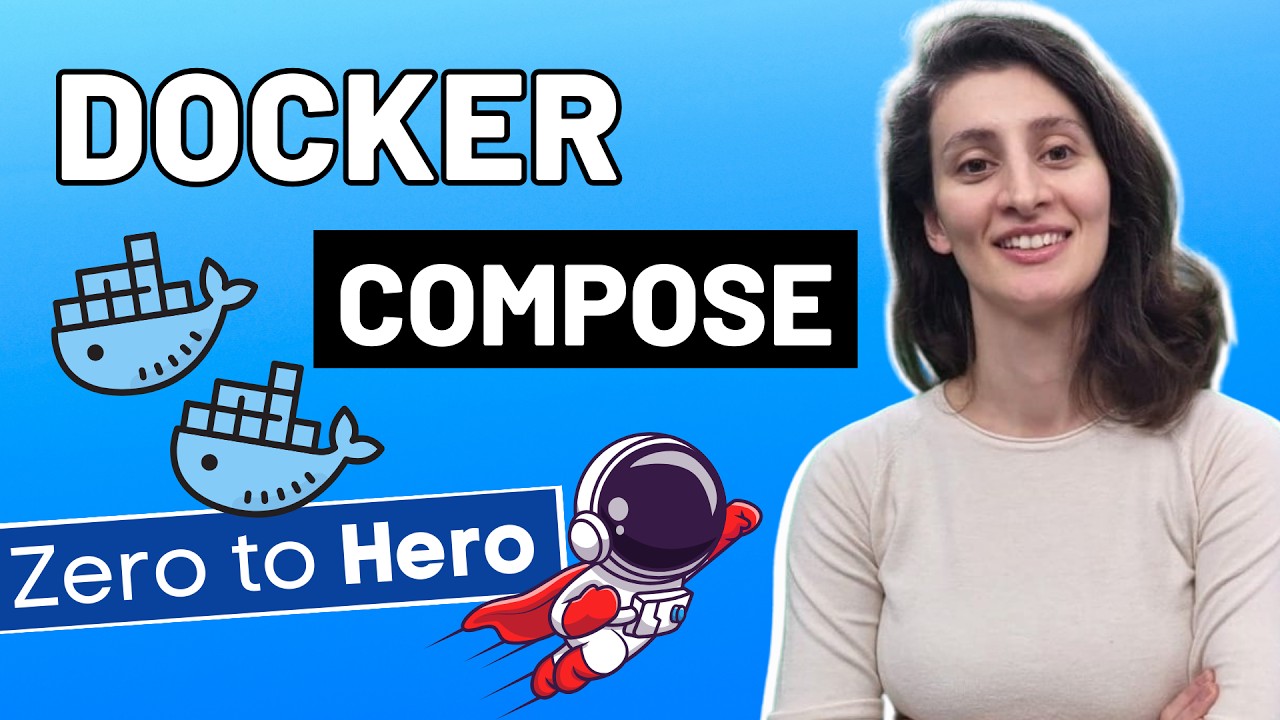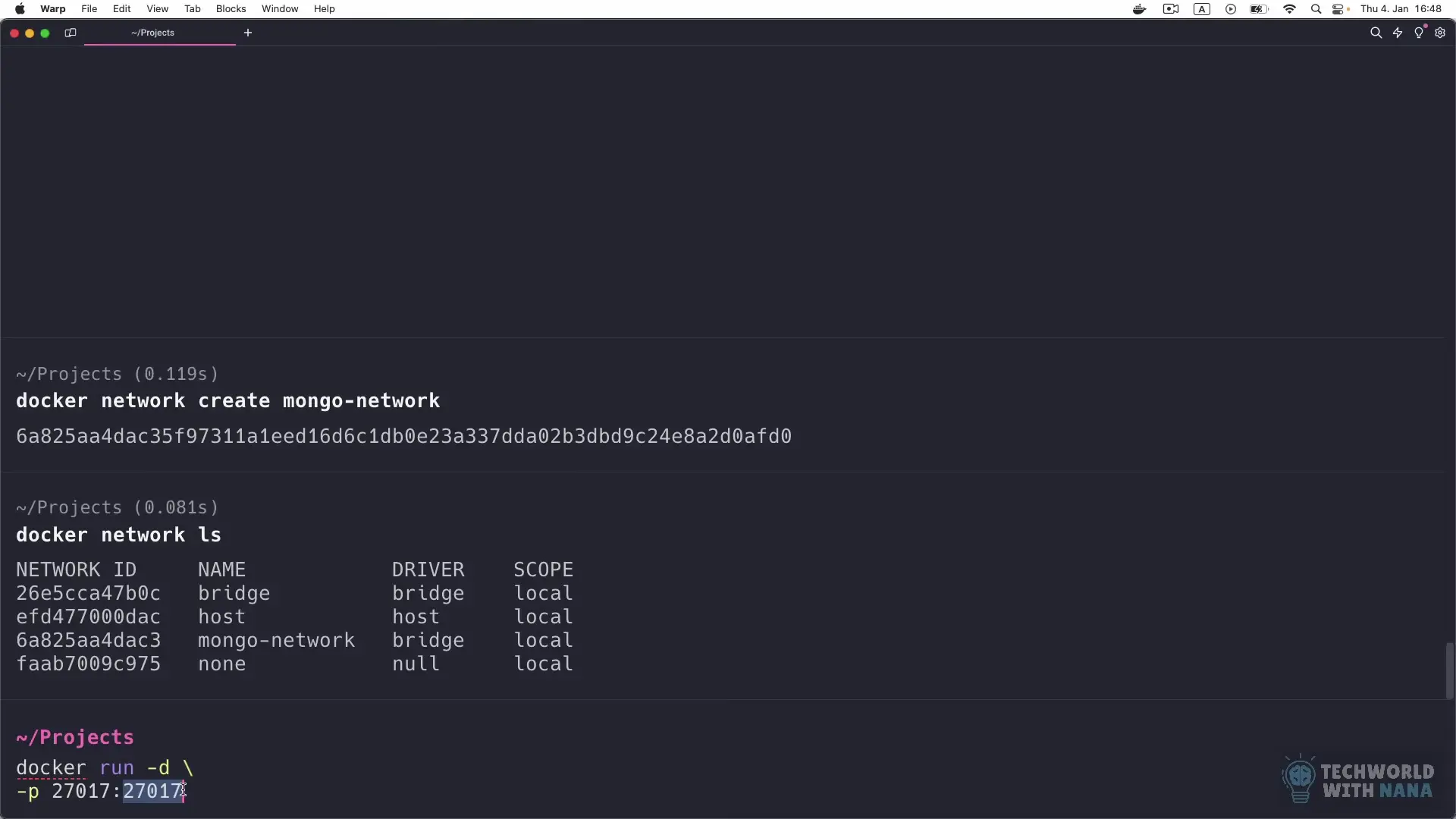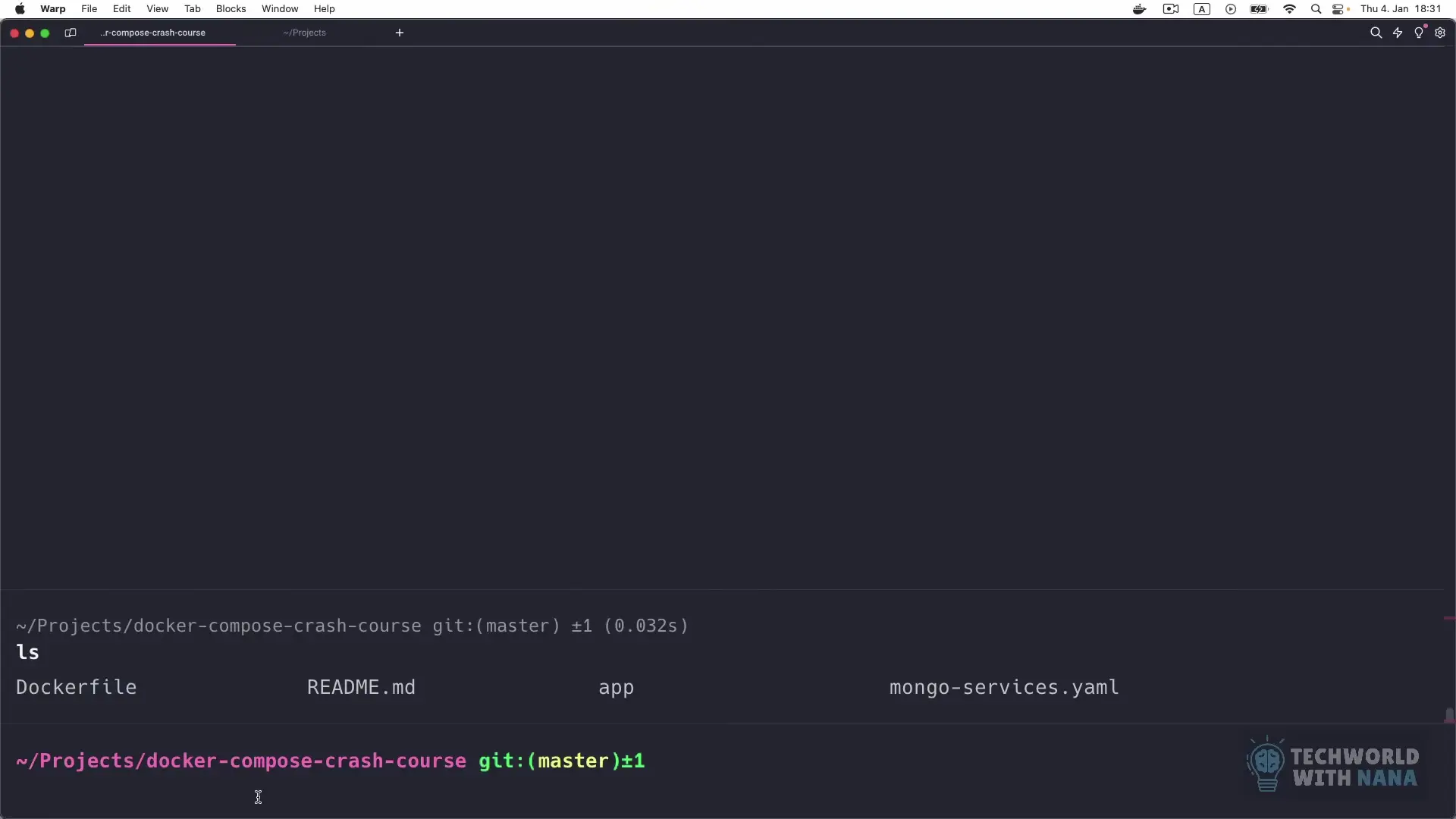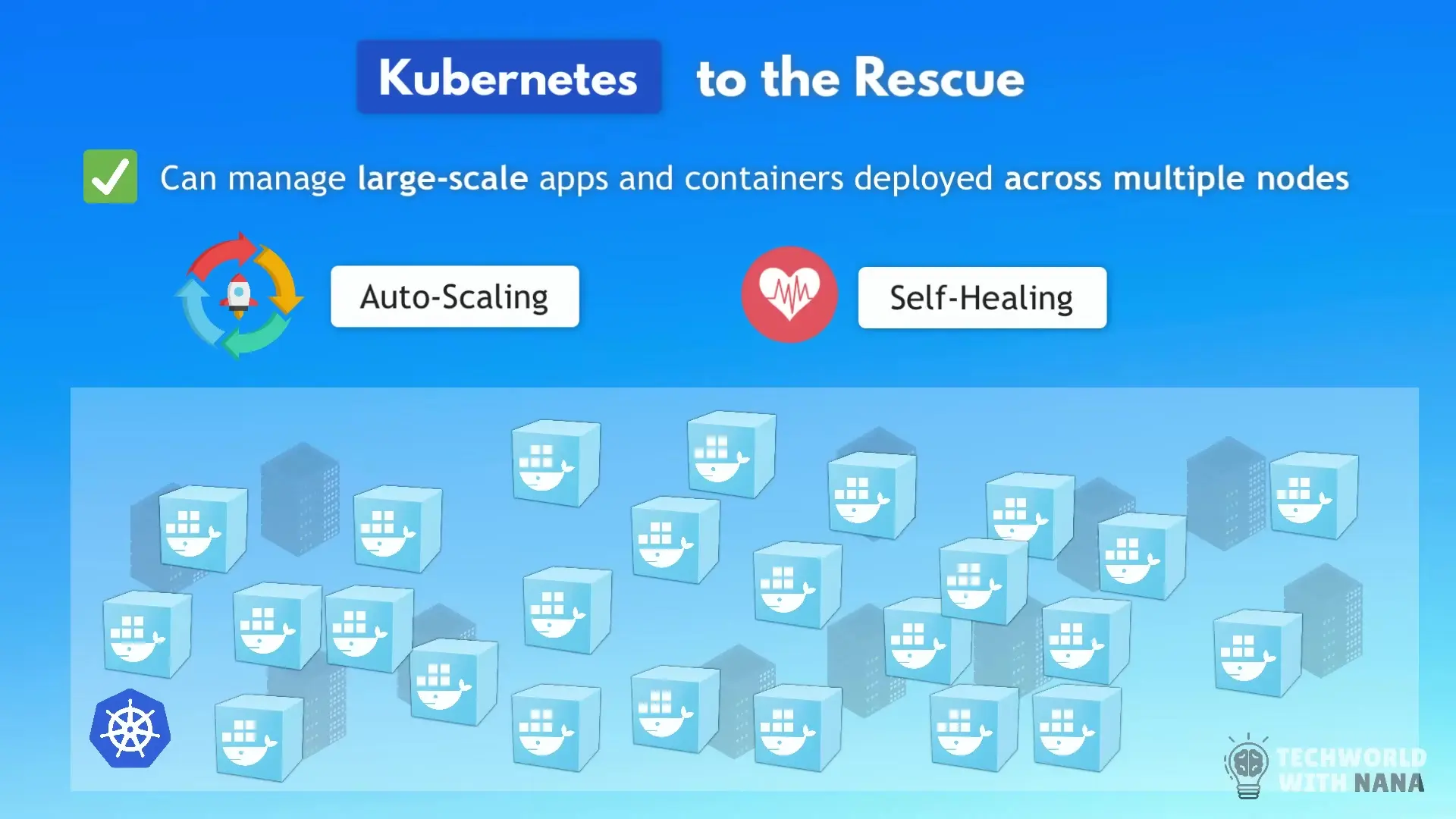
If you've worked with Docker containers, you've likely encountered the challenge of managing multiple containers that need to work together. While Docker itself is powerful for containerizing individual applications, Docker Compose takes container management to the next level by allowing you to orchestrate multi-container applications with ease.
What is Docker Compose?
Docker Compose is a tool designed to simplify the process of defining and running multi-container Docker applications. With Compose, you use a YAML file to configure your application's services, networks, and volumes. Then, with a single command, you can create and start all the services defined in your configuration.
At its core, Docker Compose addresses a fundamental challenge in modern application development: applications are rarely standalone entities. Instead, they're composed of multiple interconnected services—databases, APIs, frontend interfaces, message queues, and more—that need to be deployed and run together.
The Problem Docker Compose Solves
Let's understand the problem by examining a simple use case: running a web application with a MongoDB database and an Express-based UI for that database.
Without Docker Compose, you'd need to manually manage each container using Docker commands:
# Create a network for containers to communicate
docker network create mongo-network
# Start MongoDB container
docker run -d -p 27017:27017 --name mongodb \
-e MONGO_INITDB_ROOT_USERNAME=admin \
-e MONGO_INITDB_ROOT_PASSWORD=super-secret \
--network mongo-network \
mongo
# Start Express UI container
docker run -d -p 8081:8081 --name express \
-e ME_CONFIG_MONGODB_SERVER=mongodb \
-e ME_CONFIG_MONGODB_ADMINUSERNAME=admin \
-e ME_CONFIG_MONGODB_ADMINPASSWORD=super-secret \
--network mongo-network \
mongo-expressThis approach becomes increasingly cumbersome as your application grows. Imagine managing 10 or 20 containers, each with its own configuration, environment variables, and network settings. The complexity quickly becomes unmanageable.

Enter Docker Compose
Docker Compose simplifies this process by allowing you to define your entire application stack in a single YAML file. Here's how the same setup would look in a docker-compose.yml file:
version: '3'
services:
mongodb:
image: mongo
ports:
- 27017:27017
environment:
- MONGO_INITDB_ROOT_USERNAME=admin
- MONGO_INITDB_ROOT_PASSWORD=super-secret
networks:
- mongo-network
mongo-express:
image: mongo-express
ports:
- 8081:8081
environment:
- ME_CONFIG_MONGODB_SERVER=mongodb
- ME_CONFIG_MONGODB_ADMINUSERNAME=admin
- ME_CONFIG_MONGODB_ADMINPASSWORD=super-secret
networks:
- mongo-network
depends_on:
- mongodb
networks:
mongo-network:
driver: bridgeWith this configuration file in place, you can start both containers with a single command:
docker-compose upAnd shut them down just as easily:
docker-compose downKey Features of Docker Compose
- **Single Configuration File**: Define your entire application stack in one place
- **Service Definitions**: Configure containers, ports, volumes, and environment variables
- **Networking**: Automatically create and manage networks between containers
- **Dependencies**: Specify the order in which services should start
- **Volume Management**: Persist data between container restarts
- **Environment Variables**: Easily configure services with environment variables
- **Scale Services**: Run multiple instances of a service with a simple command
Docker Compose File Structure
A Docker Compose file consists of several key sections:
- **Version**: Specifies the Docker Compose file format version
- **Services**: Defines the containers that make up your application
- **Networks**: Configures the networks that connect your services
- **Volumes**: Defines persistent storage for your services
The most important section is 'services', where you define each container's configuration, including the image to use, ports to expose, environment variables, volumes, and more.
Advanced Docker Compose Features
Beyond the basics, Docker Compose offers several advanced features that make it even more powerful for managing complex applications:

Building Custom Images
Instead of using pre-built images from Docker Hub, you can build custom images directly in your Docker Compose file:
services:
webapp:
build:
context: ./webapp
dockerfile: Dockerfile
ports:
- 8080:8080Environment Variables and Configuration
You can load environment variables from external files or the shell environment:
services:
database:
image: postgres
env_file:
- ./database.envHealth Checks
Ensure your services are healthy before considering them ready:
services:
webapp:
image: my-webapp
healthcheck:
test: ["CMD", "curl", "-f", "http://localhost:8080/health"]
interval: 30s
timeout: 10s
retries: 3Real-World Use Cases for Docker Compose
Docker Compose shines in several common scenarios:
- **Local Development Environments**: Create consistent development environments that match production
- **Microservice Applications**: Manage complex applications composed of multiple services
- **Testing Environments**: Spin up isolated environments for testing
- **CI/CD Pipelines**: Automate testing and deployment in continuous integration workflows
- **Demo Environments**: Quickly create demonstration environments for showcasing applications

Best Practices for Docker Compose
- **Version Control**: Keep your docker-compose.yml files in version control
- **Environment Separation**: Use different compose files for development, staging, and production
- **Secrets Management**: Don't hardcode sensitive information in your compose files
- **Volume Naming**: Use named volumes instead of host paths for better portability
- **Network Segmentation**: Create separate networks for different application components
- **Container Naming**: Use meaningful names for your services and containers
Common Docker Compose Commands
Here are some essential Docker Compose commands to get you started:
# Start services in the foreground
docker-compose up
# Start services in the background
docker-compose up -d
# Stop services
docker-compose down
# View logs
docker-compose logs
# Rebuild services
docker-compose build
# List running services
docker-compose ps
# Execute a command in a service
docker-compose exec service_name commandConclusion
Docker Compose is an indispensable tool for developers working with containerized applications. It simplifies the process of defining, running, and scaling multi-container applications, making it easier to develop, test, and deploy complex software systems.
By leveraging Docker Compose, you can ensure consistency across different environments, simplify your development workflow, and focus on building great applications instead of managing container configurations. Whether you're working on a simple web application with a database or a complex microservice architecture, Docker Compose provides the tools you need to manage your containerized applications effectively.
Let's Watch!
Docker Compose: The Ultimate Guide for Multi-Container Applications
Ready to enhance your neural network?
Access our quantum knowledge cores and upgrade your programming abilities.
Initialize Training Sequence